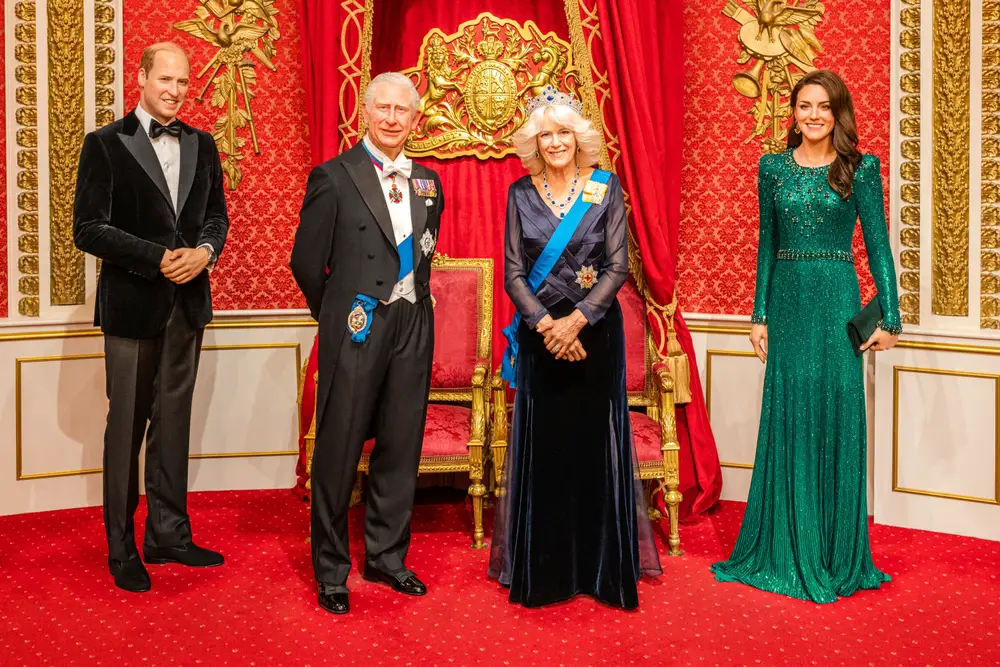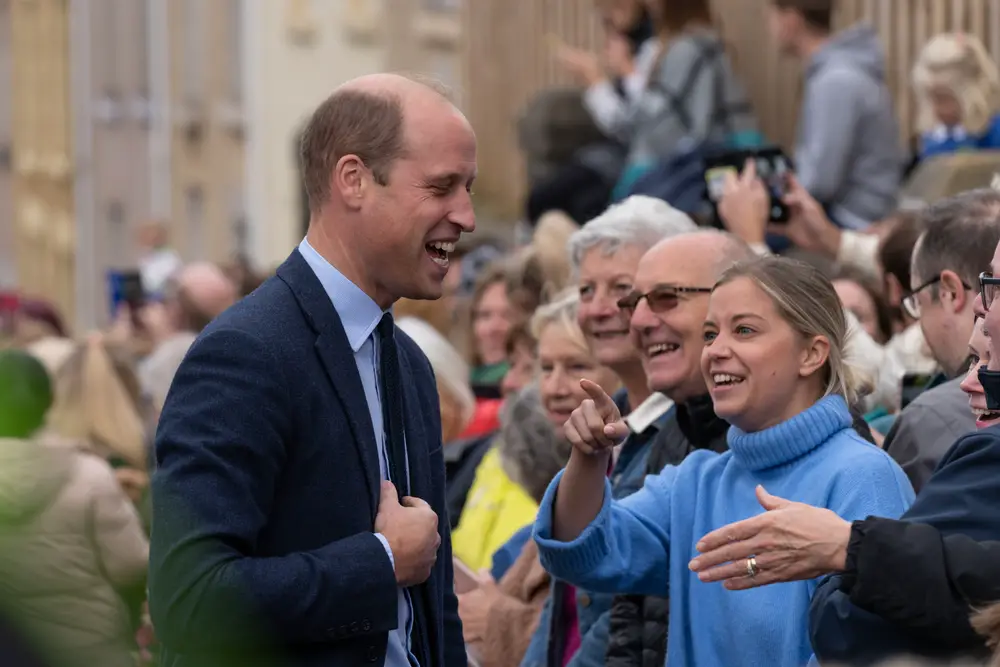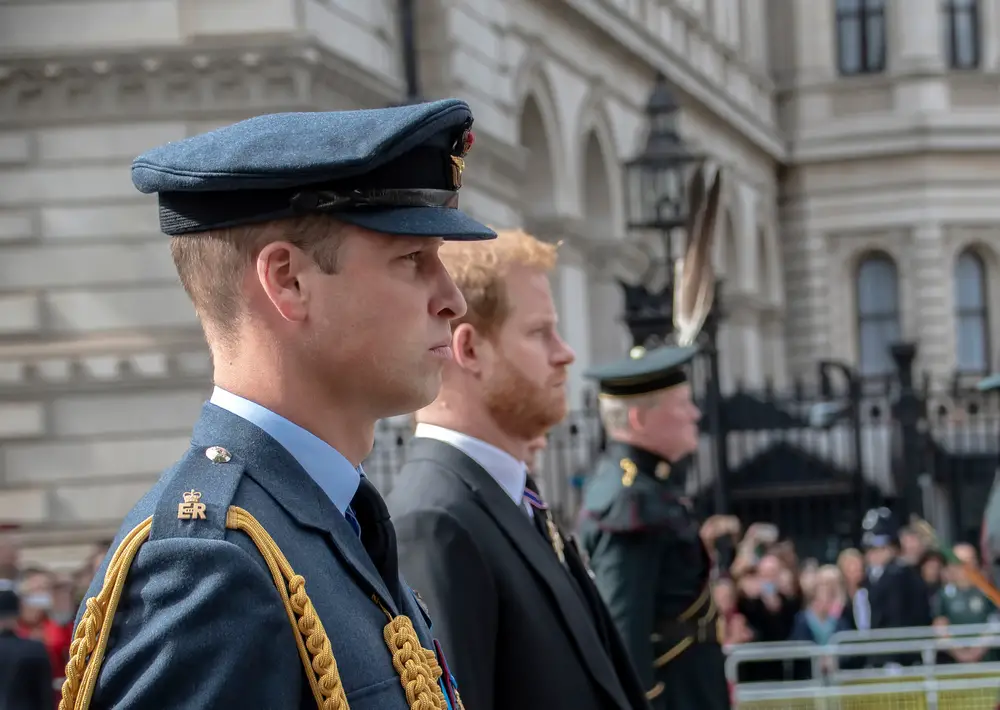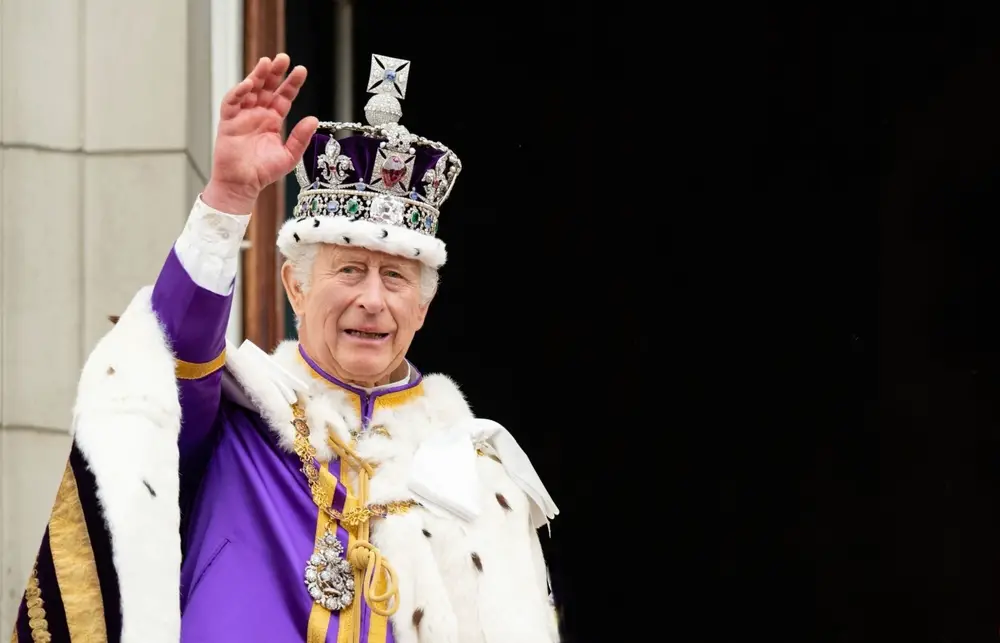The beginning of this month marked an important development for the British royal family.
Prince Harry landed in London to commemorate the 10th anniversary of the Invictus Games, and during his stay in his home country, his brother, Prince William, received a significant new honour from King Charles. The timing seemed coincidental, but yet, many saw it as a major snub to Prince Harry.
The announcement from the Palace revealed that King Charles III has appointed Prince William as the colonel-in-chief of the Army Air Corps.
“His Majesty the King will officially hand over the role of Colonel-in-Chief of the Army Air Corps to His Royal Highness the Prince of Wales,” the palace’s statement read. “In August 2023, following His Majesty’s Accession, the King was pleased to announce military appointments including that the Prince of Wales would become Colonel-in-Chief of the Army Air Corps. The role was previously held by His Majesty the King, as Prince of Wales, for 31 years.”

William’s new role places him in charge of Harry’s former unit. In 2008, Harry completed his Army Air Corps “Grading” and Pilot’s Selection Board interview, subsequently training as an Army Air Corps pilot in 2009.
“On successful completion of that Army Pilots Course, Prince Harry was selected to train on the Apache Attack Helicopter,” Harry’s official biography before he was removed from the official royal family website read. “On the same day, it was announced that Prince Harry received his provisional wings from his father.” Charles was colonel-in-chief of the Army Air Corps at the time, making the ceremony extra meaningful for Harry.

The unveiling of Prince William’s new designation emerges during a period of increased public curiosity, partly influenced by the tense rapport between Prince Harry and his father. Speculation surrounding the nature of their exchanges, or the lack thereof, during Prince Harry’s recent trip to the U.K. underscores the intricacies of royal relationships.
During Harry’s most recent visit, he and his father, King Charles, didn’t meet due to the king’s “full programme.”
However, the statement by Prince Harry added that he “hopes to see him soon.”

Despite the strained relationships with the members of the Firm, Harry expressed his happiness about returning to the UK. Regarding the party, he described it as “amazing” and commended the work of Scotty’s, emphasizing the incredible and necessary support they provide to children.

“The more opportunity you get to do these kinds of events, the more the families and kids know this place exists which is really the most important thing,” Harry said, as reported by BBC.
Please SHARE this article with your family and friends on Facebook.
Puppy was left tied to park picnic table in the rain — rescuers save him

Although it is terrible that someone would be so callous as to dump a puppy, fortunately there are good people out there who are prepared to take action and save these abandoned pups.
That happened just now, when a poor dog was abandoned outside in the rain, tethered to a picnic table, until someone came to save him.
A small dog is shown in a video from Stray Rescue of St. Louis strapped to a table in a nearby park’s picnic area.

The footage shows the dog, who was afraid, alone, and drenched from the rain, yelping repeatedly as though pleading for assistance.
However, as Donna, a rescuer, untied the young dog and arrived on the scene, he immediately warmed up to her, as though he realized he was secure.
According to Stray Rescue of St. Louis, “he was so brave when we first approached, but as soon as we got in the Jeep he curled up on Donna’s lap and let out a deep sigh – that sigh said so much.”
“You’re okay, sweet little baby. We’ll take care of your sweet self in no time at all.

The dog was named Wilbur by the rescue. He was “covered in ringworm,” as they found, and they gave him medicinal baths as treatment.
Wilbur was in a caring foster home a few days after his rescue. The Dodo was informed by his foster mother that he was a “snuggle bug” and “doing great.” She remarked, “He wants nothing more than to be loved.”
Although Wilbur’s origins are unknown, it is obvious that he hasn’t been getting the love and attention he deserves. However, the little dog appears to have a bright future ahead of him.
Facebook said, “He’ll never have to be lonely or muster up that much bravery ever again.” This is from Stray Rescue of St. Louis.
I’m grateful that you saved this tangled puppy, pulled him out of the wet, and gave him a fresh start. The expression on his face indicates that he knows he’s in capable hands.
Kindly tell this story to everybody who enjoys dogs!



Leave a Reply